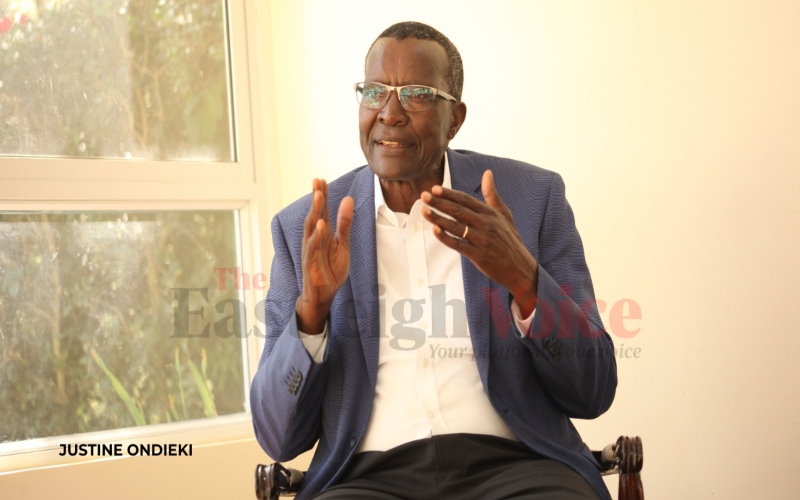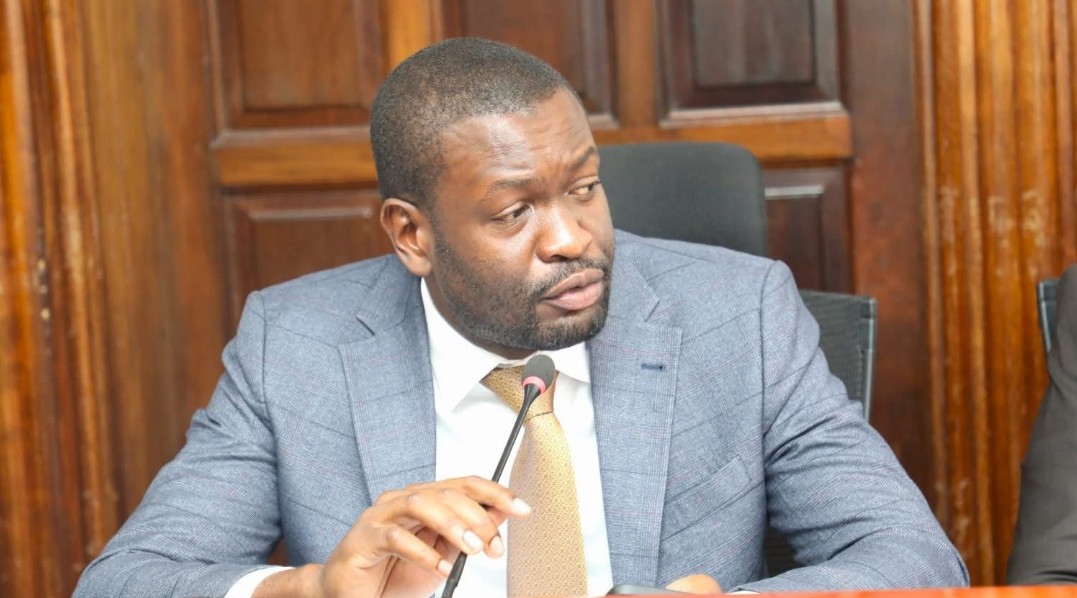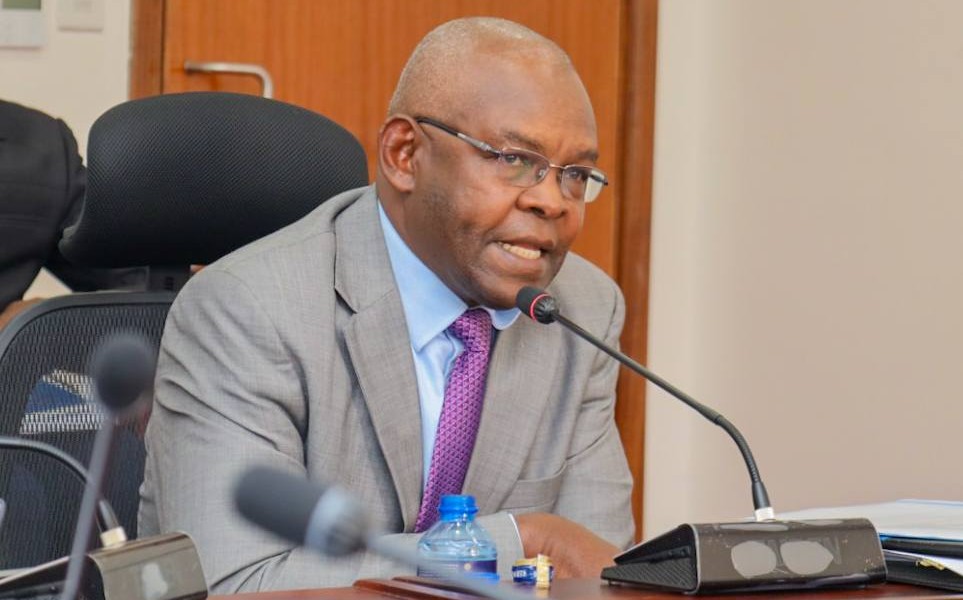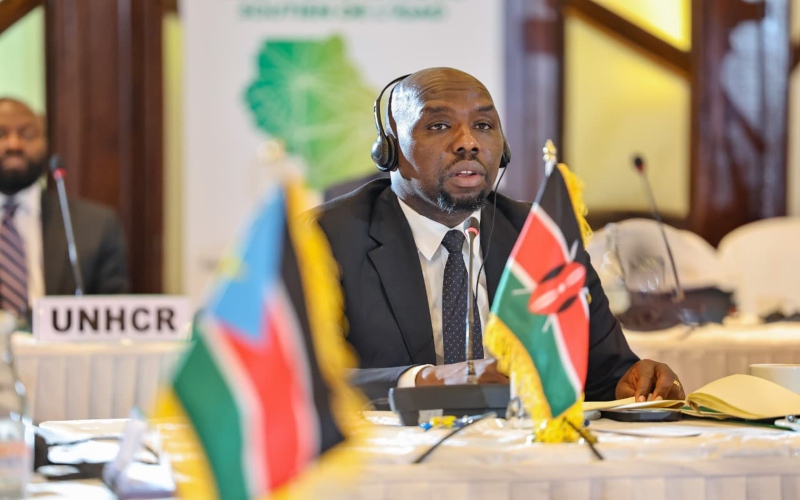New law requires all proceeds from state asset sales to go directly to Consolidated Fund
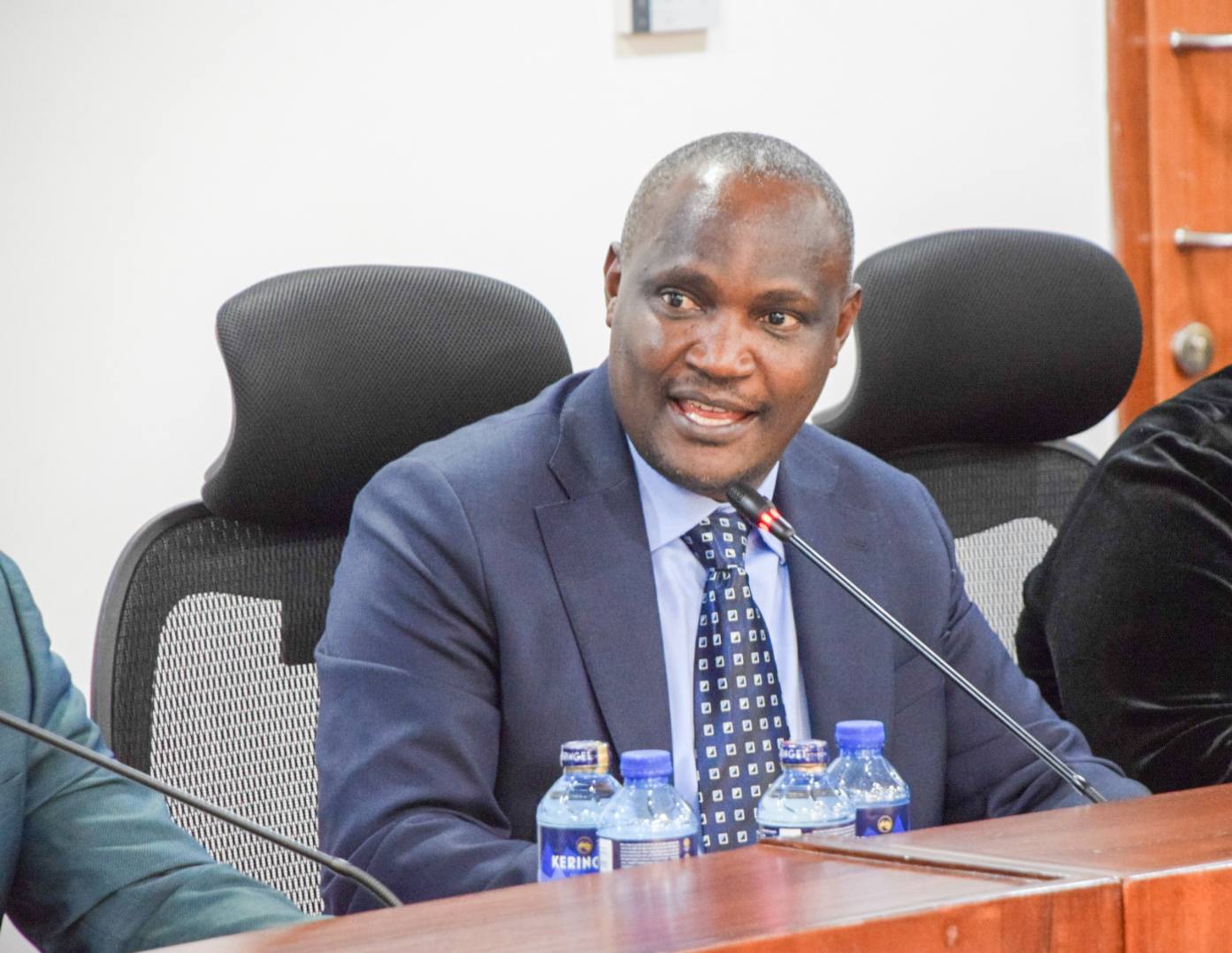
The government has maintained that it is keen to raise hundreds of billions of shillings through privatisation to help narrow the Sh876.1 billion budget deficit projected for the financial year ending June 2026.
A new law will now require all proceeds from the sale of State-owned enterprises to be remitted directly to the Consolidated Fund, in a move aimed at boosting government revenue and easing pressure on the Exchequer amid a widening budget deficit and rising debt repayment costs.
This follows the enactment of the Privatisation Act, 2025, which will require billions of shillings raised from the sale of public entities to be wired directly into the Consolidated Fund (CF). The move departs from the current arrangement where proceeds from the sale of State entities are first used to settle debts owed by the entity, cover the cost of the privatisation process and finance the firm’s capital investments.
More To Read
- Civic groups urge Parliament to reform state-owned enterprise laws
- No job losses as Education Ministry announces major parastatal restructuring
- Parastatals’ unchecked borrowing fuelliing Sh2.9 billion debt, Auditor General warns
- Ruto announces new parastatal board chairpersons
- Education agencies appeal to MPs over delayed merger, say move hampering recruitment, policy rollout
- New Bill to block political loyalists from parastatal boards
Only the remainder is then transferred to the CF.
“Any proceeds from the sale of a direct National Government shareholding shall be paid into the Consolidated Fund,” the Privatisation Act, 2025, which takes effect on November 4, 2025, reads.
The government has maintained that it is keen to raise hundreds of billions of shillings through privatisation to help narrow the Sh876.1 billion budget deficit projected for the financial year ending June 2026.
Debt repayment currently consumes a large portion of tax revenues. Last year, it accounted for 92 per cent of collected taxes. For instance, the Treasury is targeting to raise Sh149 billion in the 2025/26 financial year, funds that will help plug budgetary deficits and ease pressure on an Exchequer burdened by mounting debt obligations.
Money in the CF is used to pay public debt, salaries for constitutional office holders and pensions. Withdrawals from this account can only be made with the authorisation of the Controller of Budget.
Under the previous law, the Privatisation Act of 2005, proceeds from the sale of State entities were prioritised for debt repayment, a provision that mainly applied when the government was selling only part of its ownership.
The Treasury’s growing budget deficit and mounting debt repayments have prompted creative ways to raise funds and finance critical services, making the 2025 legal changes a significant boost.
Currently, the sale of at least 11 State firms, including the Kenya Pipeline Company (KPC), is aimed solely at filling gaps in the current budget. KPC is set for privatisation by March 2026, with the government expecting to raise at least Sh100 billion from the sale of its 65 per cent shareholding in the petroleum company.
Other entities earmarked for partial or full sale include the National Oil Corporation of Kenya, Kenyatta International Conference Centre (KICC), Rivatex East Africa and New Kenya Co-operative Creameries (New KCC).
Most of these firms are loss-making and depend on Treasury bailouts to survive, highlighting why the government is keen to fully privatise them and channel the proceeds directly into the Consolidated Fund to stabilise public finances.
Top Stories Today


